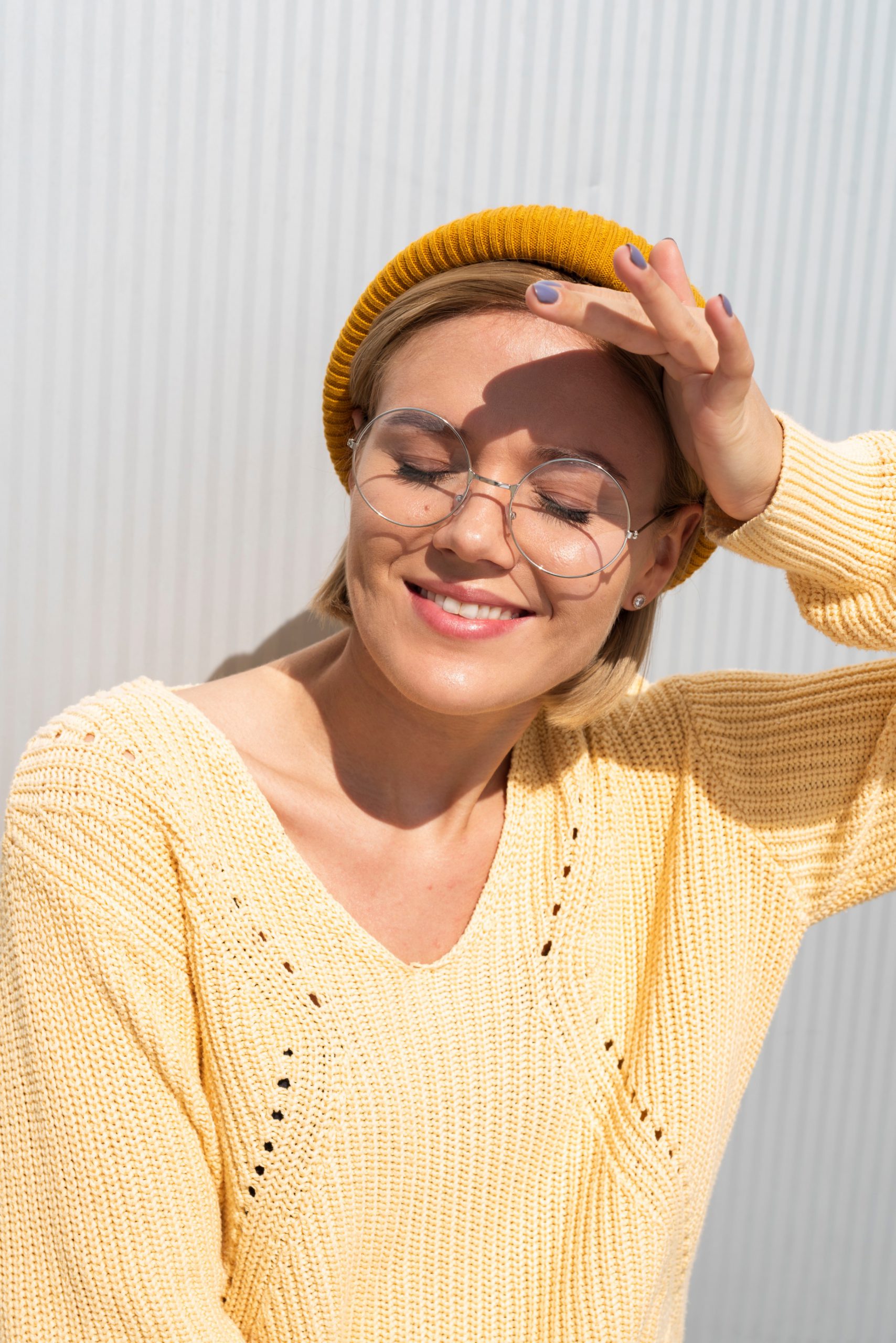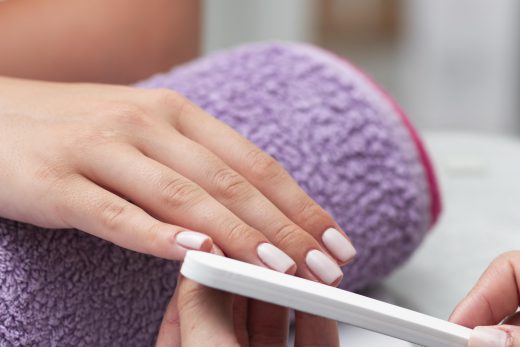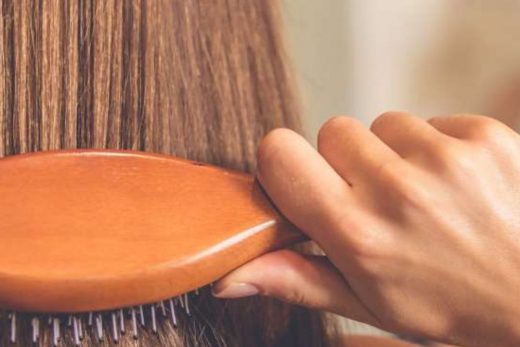1 – Get rid of old sunscreens
- Average shelf life of sunscreen creams is 2-3 years if the box is not opened. However, they should be consumed within
9-12 months after opening.
2 – The sunscreen you apply once in the morning will not protect you all day.
- Sunscreen cream should be applied to the skin at least 15 minutes before going into the sun. It should be repeated every 2 hours if you will be in a sunny environment afterwards, and every 4 hours if you will be in an indoor environment. If there is sweating or swimming, the skin should be renewed after drying without waiting for hours.
3 – Foundation or BB creams alone do not protect from sun.
- If there is no sunscreen factor, using a colored cream alone will not protect your skin from the sun. For this reason, when choosing your make-up materials, you should be careful to have at least SPF 15 in their content.
4 – Protection of lips should not be forgotten
- Lips, especially lower lip, are one of the regions that are most damaged by the accumulating effects of the sun and where skin cancers are located frequently. For this reason, it is very important to protect the lips with a special sunscreen in the form of a balm or stick, which contains at least SPF 30 protection factor.
5 – Stay protected even indoors
- Sun rays can pass through windows of buildings and cars. Remember to use your creams even if you are at home and in the office all day.
6 – Choose a cream suitable for your skin • Those with oily skin should prefer sunscreens in liquid liquid or gel form, and those with dry skin should prefer sunscreens in cream form. If you suffer from skin spots, you can also benefit from the concealer feature by choosing a sunscreen with a colored texture.
7 – The cream with the highest factor does not always mean the best.
- According to the researches, SPF 15 protects our skin by 93 percent, while SPF 30 protects 97 percent and SPF 50 protects 98 percent. The fact that sunscreen creams protect from both UVB and UVA rays is as important as the SPF factor.
8 – In special cases, you should choose special products.
- Sunscreens are divided into two according to their sun protection properties: physical and chemical protectors. There are titanium dioxide and zinc oxide among physical preservatives, and various organic chemicals in chemical preservatives. Physical protectors should be preferred for those with allergies, pregnant women, babies and children.
9 – Sunscreen should be applied last.
- If there are care products, moisturizers or various medications that we use daily, we should apply these creams to our skin first. Sunscreen creams should be applied 15 minutes before going out for the last time, waiting at least 5 minutes between other creams.
10 – Sun protectors do not cause vitamin D deficiency
- Vitamin D is an important vitamin for our body. To avoid the harmful effects of the sun, it is sufficient to use the cream after 10 in the morning until 5 in the evening. Apart from these hours, staying in the sun for about 15 minutes is sufficient for the vitamin D level.





